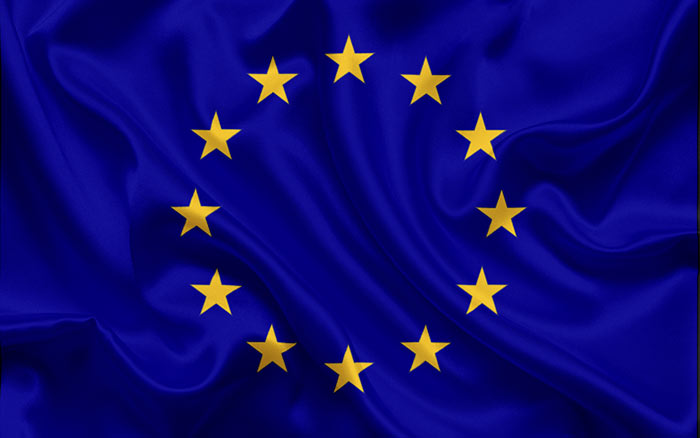Sri Lanka signs agreement to receive EU grant for agriculture modernization

The Ministry of Finance and the World Bank recently signed a new agreement to receive a grant from the European Union to support the Agriculture Sector Modernization Project (ASMP).
This grant is part of the EU’s EUR 25 million support to the US$ 125 million project and will be administered by the World Bank.
Since its inception in 2016, the Agriculture Sector Modernization Project has supported the Government of Sri Lanka’s efforts to increase agriculture productivity, boost the value addition of smallholder farmers and agribusinesses and to improve their access to markets. The project also supports agricultural diversification and technology improvements. The project has so far benefitted more than 48,000 smallholder farmers across the country and has created more than 1500 new jobs through investments in agribusiness organizations.
The World Bank has said in a media statement: “Sri Lanka is blessed with an agricultural sector with deep historical roots, which will continue to underpin rural livelihoods and enable the country to rise to future challenges,” said Faris. H. Hadad-Zervos, World Bank Country Director for Maldives, Nepal and Sri Lanka. “Agriculture is important for Sri Lanka’s economy, and we continue to work with all our partners to promote inclusive and resilient growth, through increasing agricultural productivity, farmer incomes and creating jobs in the sector.”
This additional investment will help prepare Sri Lanka for COVID-19 recovery by contributing to export revenues and creating high quality jobs in agro-processing. It will also help expand opportunities for inclusive livelihood support in rural areas, and providing essential food items.
The additional grant funding from the European Union will support the expansion of agriculture clusters in five districts: Kandy (Central Province), Badulla (Uva Province), Ampara (Eastern Province), and Killinochchi and Vavuniya (Northern Province). The scale-up will contribute to a greater livelihood transformational impact and by reaching a larger number of project beneficiaries. It is expected that a total of 25,000 additional beneficiaries would be supported, including 6,000 direct members of farmer producer organizations.
“The European Union is pleased to be partnering with the World Bank and the Government of Sri Lanka to move towards a more sustainable, resilient and productive agriculture”, said Denis Chaibi, European Union Ambassador to Sri Lanka and the Maldives. “By contributing to the agriculture sector modernization programme, we aim to support smallholder farmers, promote new farming solutions to boost productivity and create more jobs, all ultimately to be able to make a positive impact on the lives of some of the most vulnerable”.
The current World Bank portfolio in Sri Lanka consists of 19 ongoing projects, with a total commitment value of US$2.33 billion in a variety of sectors including transport, urban, agriculture, water, education, and health.
The EU has provided over EUR 1 billion in grants so far to Sri Lanka to support and accompany local efforts for recovery and reform processes in a wide range of areas including poverty reduction, democratic governance, local development, agriculture, water or health.
(Source: The Island)

Latest Headlines in Sri Lanka
- Tuition teacher under investigation for student assault ignores NCPA summons March 12, 2025
- Sri Lanka maintains stance on Adani, open to investment March 12, 2025
- Doctors strike over delay in arrest of sexual assault suspect March 12, 2025
- Sri Lanka to introduce freelancer registration system for banking and financial benefits March 11, 2025
- Sri Lanka’s ‘Clean Sri Lanka’ school renovation project progresses with Tri-Forces support March 11, 2025



Does this include provision and use of organic fertilizer, according to ‘Vistas of prosperity and Splendor’?
The EU is very, very far from 100% usage of organic fertilizer. I think EU target is 2045.